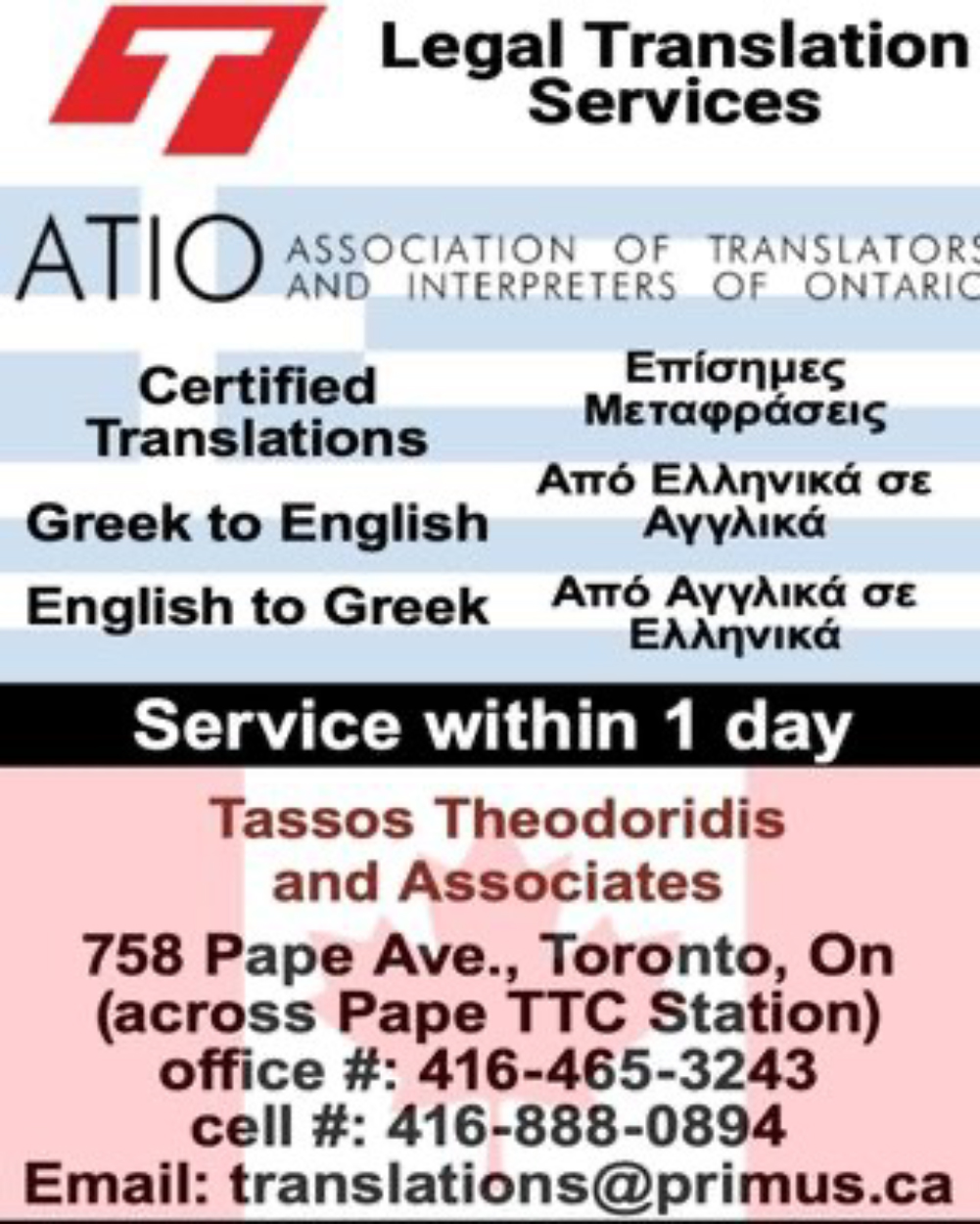 CLICK TO VIEW THE WHOLE PUBLICATION ONLINE
CLICK TO VIEW THE WHOLE PUBLICATION ONLINE
Babylon (????????? in Greek) is a play by Dimitrios Vyzantios that premiered in 1836. That may sound like a trivial fact but it is in fact quite important. Babylon was the first play to be produced in Greece by a living author after its liberation from the Ottoman Empire. It was written in demotic, the spoken language of Greeks, unlike most other writing which was penned in the archaic katharevousa that no one spoke and very few understood.
The play takes place in 1827 after the famous naval Battle of Navarino which ensured the liberation of Greece. During the centuries of Ottoman occupation, most parts of Greece developed their own accents and vocabulary to such an extent that it was difficult for the inhabitants of, say, Crete to communicate the people of Corfu, or for an islander from Chios to understand the vernacular of someone from the Ionian islands.
Vyzantios satirizes to a farcical extent these different dialects that contain serious differences in vocabulary, pronunciation and attitude to hilarious result. In 1827, Greeks from all corners meet in a tavern in Nafplio, the country’s new capital to celebrate.
Their thick accents and wild vocabulary make it difficult if not impossible o communicate and the result is, needless to say, quite hilarious. There is a sort of plot in the play where the misunderstandings lead to the possible commission or suspicion of a crime.
The Anatolian (Ieoroklis Michailidis) arrives at a tavern and wants food. Bastias (Mihalis Valasoglou), the tavern-keeper tells him to look at the menu. Aside from not knowing what a menu is, the Anatolian can’t read. The Peloponnesian (Thodoros Skyftoulis) comes in and wants to read the truth in a newspaper. We meet the Scholar (Thanos Dimou) who speaks only ancient Greek and is frequently more easily understood than the babble of the others.
Add to the mix an Albanian (Kostas Maglaras), a Cretan (Kostas Apostolakis), a Cypriot (Dimitris Fourlis), a Policeman from the Ionian Island (Odysseas Papaspyliopoulos) and communication among them becomes all but impossible. There is a suspicious incident and the Policeman must examine all those present as to what they say. You can just imagine how far he gets when he asks for the name of a witness and the witness does not understand what he is being asked.
To give even a brief outline of the plot is of no use. The play is a boisterous farce with the actors overacting, emoting with exuberance and producing a hyperkinetic, highly physical comedy. The costumes are colourful and the fun is infectious.
I admit to having problems following all the dialogue. When I got the script after seeing the performance, my difficulty was easily explained. The pronunciation of what we describe as ordinary Greek now had a dimension of its own and easy comprehension was not it. The script translated some 300 words from the local dialects into modern Greek. There are more words than that in need elucidation.
Director Yiannis Kakleas took the right approach by making the comedy into a commedia dell’arte type of farce and had the fine cast to deliver it.
Babylon has survived for historic reasons and for its innate quality as a popular comedy. Its author is practically unknown. He wrote four plays and could not make a living from them or as a civil servant. He became an icon painter and died poor as a church mouse.
_________________
Babylon by Dimitris Vyzantios was streamed by the National Theatre of Greece on March 20, 2021. For more information visit: www.n-t.gr























